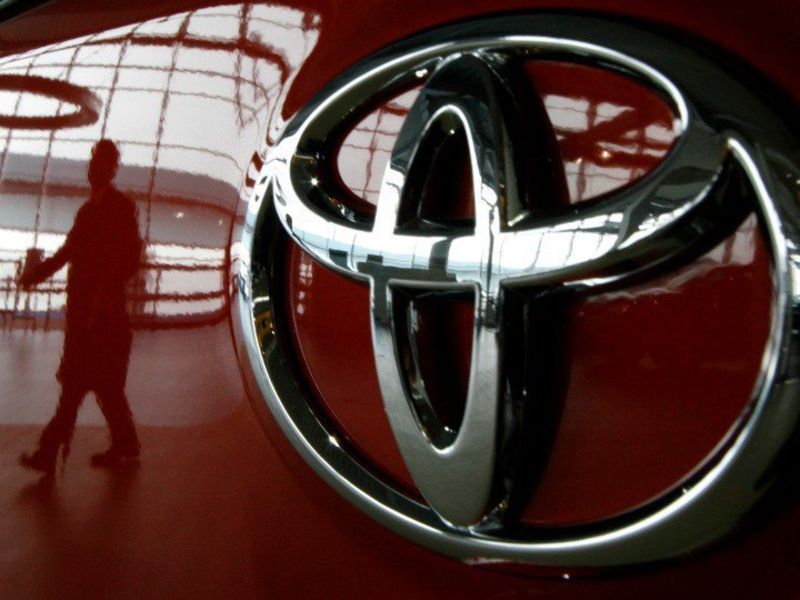
Toyota Motor Corp. and Tesla Inc. clashed with Ford Motor Co. and the UAW over a proposal by Democrats in the U.S. House to give union-made, U.S.-built electric vehicles an additional $4,500 tax incentive.
Toyota on Monday said the plan includes “exorbitant” tax breaks for the wealthy.
Toyota is one of several non-unionized automakers complaining about a 10-year plan emerging in Congress to offer incentives of as much as $12,500 for people to buy EVs — as long as they are built by union-represented workers. Buyers of vehicles from non-union shops such as Toyota, Tesla and Honda Motor Co. would be limited to credits of about $7,500, a structure that would favor traditional manufacturers from Detroit.
The proposal in the House Ways and Means Committee would give large tax credits on vehicles that cost as much as some people’s homes and “electric cars shouldn’t just be for rich people,” the automaker said Monday in a letter to the panel’s leaders. As proposed, the credits would be available to car buyers with annual incomes as high as $400,000 for an individual, $600,000 for heads of household and $800,000 for couples.
“We urge you to reject using the country’s limited resources to give exorbitant tax breaks to those wealthy enough to buy high-priced cars and trucks,” 11 Toyota executives from 10 states wrote in a joint letter to the committee leaders. Not all of the plan is bad, they said: “The proposed $7,500 tax credit for EVs makes these vehicles more accessible to Americans of modest means, and we support it.”
The proposal unveiled late Sept. 10 was for inclusion in Democrats’ $3.5 trillion tax-and-spending legislation.
Additional details include:
- Elimination of the current cap of 200,000 vehicle per manufacturer for tax credit, a decision that would help General Motors and Tesla.
- Credit would only apply to vehicles that have a manufacturer’s suggested retail price of less than $55,000 for a car, $64,000 for a van, $69,000 for an SUV and $74,000 for a pickup truck.
- Starting in 2027, the $7,500 base credit would apply only to EVs built in the U.S.
Musk jumps in
Tesla CEO Elon Musk said on Twitter Sunday that the EV incentives were “written by Ford/UAW lobbyists, as they make their electric car in Mexico. Not obvious how this serves American taxpayers.”
Ford builds its electric Mustang Mach-E in Mexico, although these vehicles would not qualify for the larger tax credit.
Asked to respond, Ford spokesman Mark Truby said Ford will build its EV F-150 Lightning in Michigan and all-electric E-Transit van in Kansas City “with much more to come.”
The UAW did not comment on Musk’s tweet, but noted that most autoworkers globally were union represented.
“American tax money should pay for products here and American workers deserve the same voice as every other autoworker in the world,” it said on its website.
Honda Motor, which has auto plants in Alabama, Indiana and Ohio, said the EV incentive “discriminates among EVs made by hard-working American auto workers based simply on whether they belong to a union.”
Toyota does not currently build any full EVs in the United States but has plans to sell two new EVs in the U.S. next year.
Stellantis, meanwhile, praised the plan, saying it would help “spur the market by making electrified vehicles affordable for more Americans, which in turn will support well-paying, middle-class jobs.”
The bill also proposes a new EV tax credit for commercial vehicles, a 15 percent credit for electric bicycles and a $2,500 credit for used EVs.
Bloomberg and Reuters contributed to this report.

